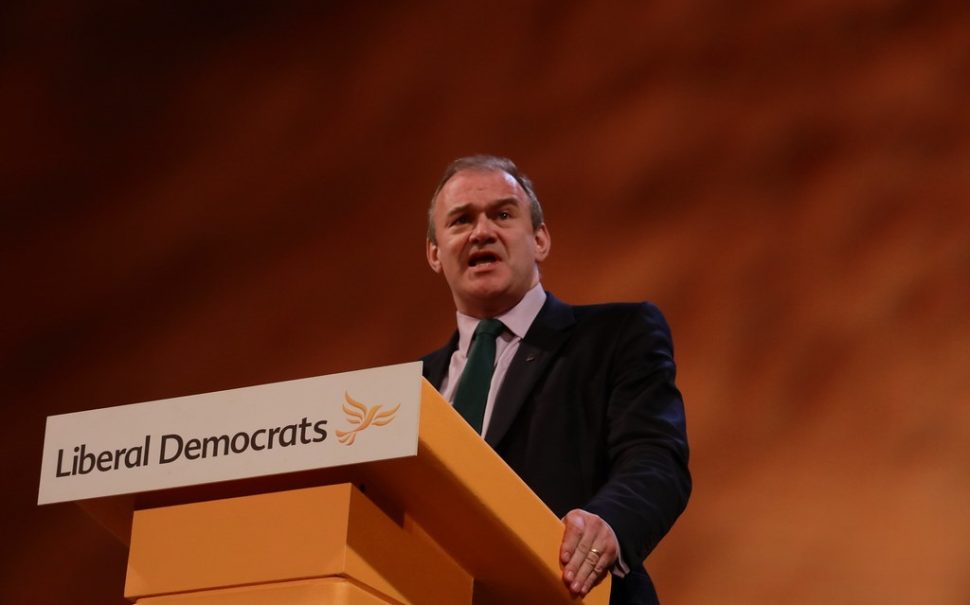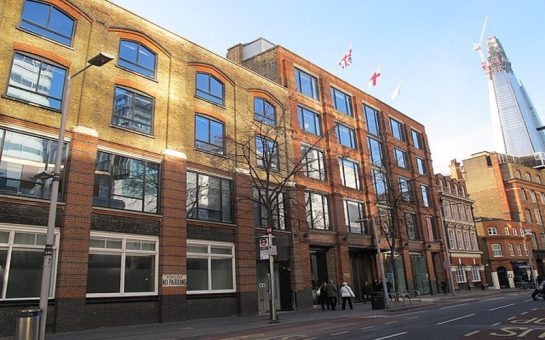In the wake of last month’s local elections, Ed Davey warned Boris Johnson that his Liberal Democrats are “coming for you”.
After earning 19% of the popular vote, and gaining overall control of an extra three councils, Davey and his supporters had good reason to celebrate.
Such a vote share in a general election would see the party return to the kind of status they enjoyed in the halcyon days of Cleggmania.
But, the Liberal Democrats typically punch above their weight in local elections.
In the 2019 local elections, the Liberal Democrats garnered 16% of the popular vote and gained control of a further ten councils, yet come the general election this support capitulated, and the party won just 11 seats.
Even in the party’s darkest days electorally following the coalition, its vote share in council elections never dipped below 10%.
So, why are the Liberal Democrats so much stronger in local elections than general elections?
Campaign Organiser for North Bedfordshire, Billy Thompson, believes that there are various factors, relating to the electoral system and the strengths of the Liberal Democrats themselves.
He said: “A big part of it is the size of the wards. Parliamentary seats are normally around 100,000 electors, whereas a ward is roughly 4,000 to 5,000.
“The Liberal Democrats do better on more local issues, we’re very good at sending out leaflets which run on a six-week cycle.
“We’ve been successful as well when in opposition, with our demand better campaign that really focuses on local issues in a way that the Conservatives and Labour struggle to do.
“When we are the administration, it is all hyperlocal, we had one councillor around here (North Bedfordshire) running on getting some new potholes repaired.”
Thompson also highlighted the strengths of the local candidates in the Liberal Democrats.
He said: “We build up our local candidates really well in a lot of areas.
“We even have a lot of councillors in the north and in Brexit voting areas because of the connection voters feel towards their local Liberal Democrat candidate.
“We’ve got two wards in Bedford, where the two highest voting Brexit wards both have Liberal Democrat councillors.”
Adapting to the different challenges which each council offers is also key to the Liberal Democrats’ strategy.
Thompson said: “If you’re campaigning in a Conservative held ward, you’d highlight their failures.
“It would be things like highlighting the fact that the candidate doesn’t live in the area, or doesn’t regularly attend full council.
“Maybe you find that the councillor is not listening to residents, or that they are taking the wrong side on an issue that residents are passionate about.
“Then you are also looking at how to squeeze the third party.
“We’d normally do this by warning Labour voters for example, that a vote for Labour would merely increase the chances of the Tories winning the ward, and we would normally illustrate this with the use of some lovely bar charts.”
Ultimately, the Liberal Democrats ability to campaign on local issues and sell the competency of their candidates is why they perform so much stronger in council elections.
Featured image credit: Liberal Democrats via Flickr under CC BY-ND 2.0 license





